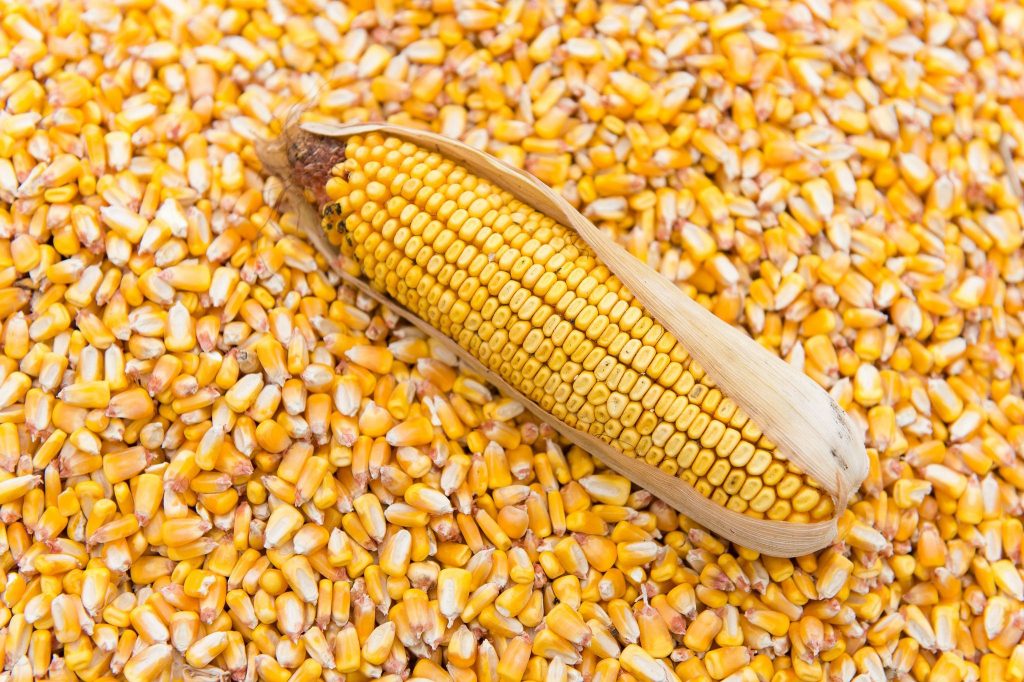The Mexican government is promoting the use of biofactories as an alternative to replace the use of glyphosate.
The circumstance that originated this action is that the Mexican government has restricted imports of glyphosate under the Corn Decree issued in December 2020 and replaced by a new one in February 2023, which phases out the use of the chemical by March 2024.
To note: Glyphosate is a herbicide widely used globally and has been marketed by Monsanto since 1974 in various formulations, including Roundup. However, there is controversy as to whether or not it is a carcinogen.
From the Mexican government’s perspective, it is currently possible and economically feasible to adequately control weeds, without using glyphosate, in different crops and scales of production.
This can be done, he says, through weed management practices that are part of comprehensive agricultural strategies designed to avoid harm to human health, the environment and food production.
«New reviews and meta-analyses of hundreds of scientific investigations and field experiences confirm and strengthen the evidence that in diversified and agroecological agriculture there are viable alternatives to glyphosate for producers of different scales,» the Mexican government said in a report.
Biofactories
In 2020 and 2021, Sader‘s Undersecretariat for Food Self-Sufficiency identified and implemented in its Field Schools (ECA) a set of crop management practices that contribute to the reduction in the use of agrochemicals (fertilizers, pesticides and herbicides, including glyphosate).
The most significant action carried out by the Sembrando Vida program, of the Welfare Secretariat (Bienestar), in the implementation of alternatives to the use of glyphosate, and in general to the use of pesticides and agrochemicals, is the establishment of biofactories in its 18,102 peasant learning communities.
Sader’s Undersecretariat for Food Self-Sufficiency, Semarnat’s Undersecretariat for Environmental Policy and Natural Resources, the Sembrando Vida de Bienestar Program, the Agrarian Attorney’s Office and Conacyt have disseminated the alternatives to glyphosate to a wider population of potential users via social networks, newsletters, gazettes and online computer platforms.
Biofactories are community centers for the production of agroecological products (solid and liquid bioferments) for crop nutrition.

